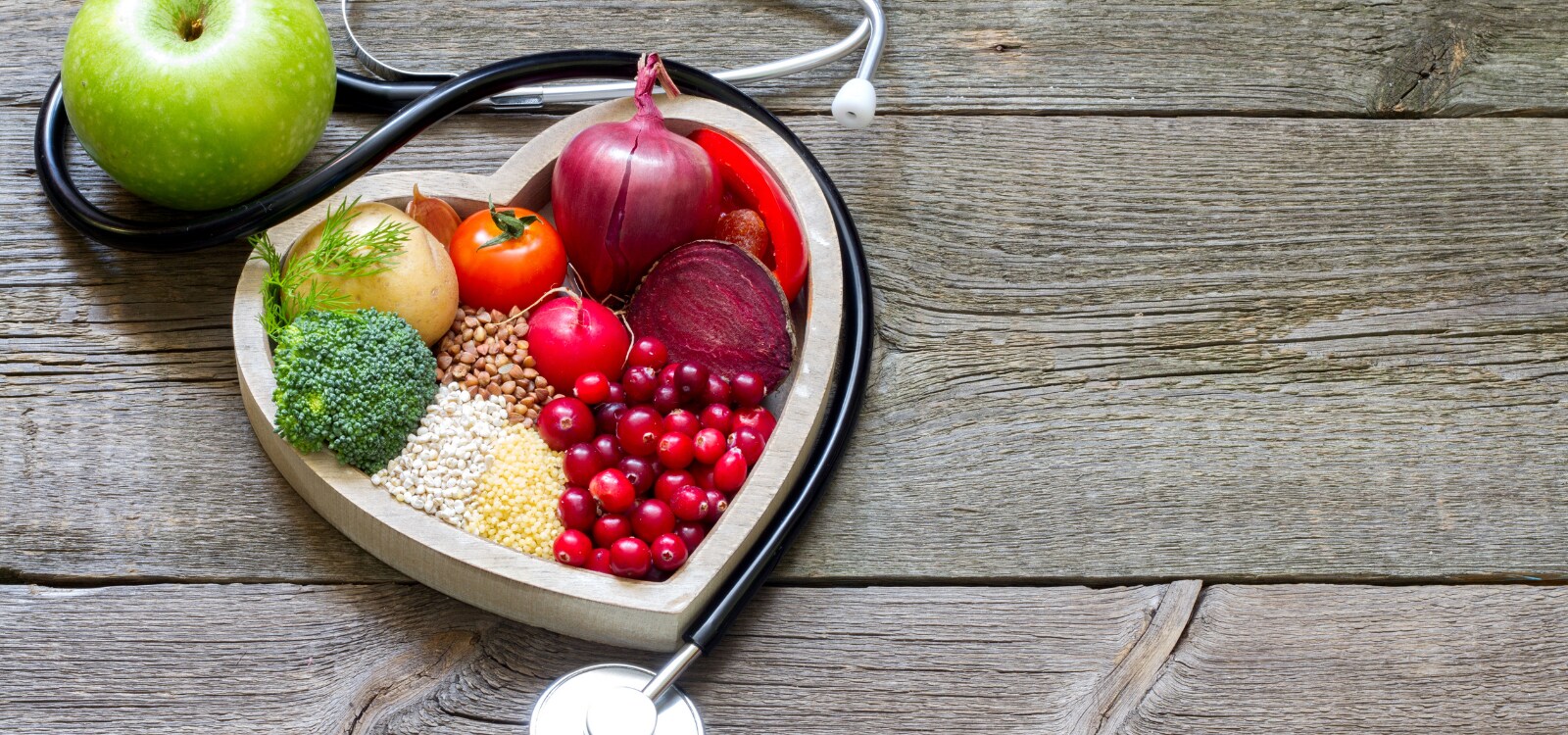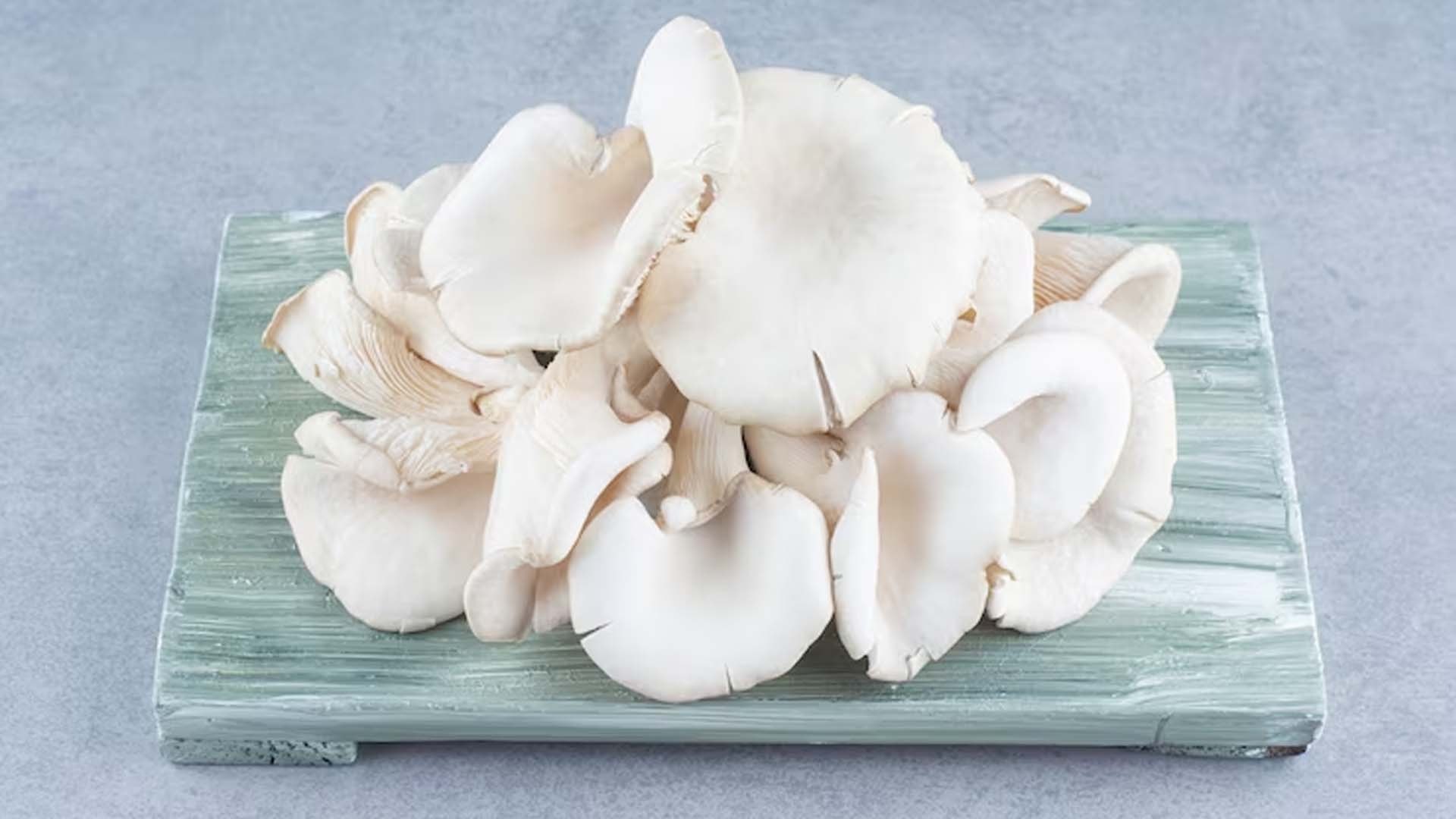How to Modify Popular Dishes to Reduce Salt, Fat, and Sugar
Ghana’s rich culinary heritage is a source of our pride and comfort, with flavorful dishes enjoyed across families and communities. However, some traditional recipes can be high in salt, fat, and sugar—key contributors to hypertension, diabetes, and heart disease.
The good news? You can still enjoy your favorite meals while making small, smart tweaks that protect your heart health. Here’s how to cook traditional Ghanaian dishes in a healthier way without losing the delicious taste.
Why Modify Traditional Recipes?
-
Excess Salt raises blood pressure and strains the heart.
-
High Fat, especially from unhealthy oils and fatty meats, increases cholesterol and obesity risk.
-
Added Sugar contributes to weight gain and diabetes.
Adapting recipes means preserving culture and flavor while promoting well-being.
Tips for Healthier Cooking in Ghanaian Cuisine
1. Reduce Salt Gradually
-
Use less salt during cooking; allow natural flavors from herbs and spices to shine.
-
Add salt at the end, and taste before adjusting.
-
Replace some salt with natural seasonings like ginger, garlic, onions, or chili peppers.
-
Use low-sodium stock or homemade broth instead of salty cubes.
2. Choose Healthier Fats
-
Opt for heart-friendly oils like palm oil (used in moderation), groundnut oil, or avocado oil. Avoid excessive use of saturated fats.
-
Trim visible fat from meats and remove skin from poultry.
-
Incorporate more plant-based proteins like beans, lentils, or fish.
-
Use steaming, grilling, or baking instead of deep frying.
3. Cut Back on Added Sugar
-
Reduce sugar in beverages like sobolo or homemade fruit drinks. Use natural fruit sweetness or a small amount of honey.
-
Limit sugary desserts or replace with fresh fruits or naturally sweetened treats.
Healthier Versions of our Popular Ghanaian Dishes
1. Lightened Jollof Rice
-
Use less oil (1–2 tablespoons) and avoid reheating oil multiple times.
-
Add extra vegetables like carrots, peas, and tomatoes for flavor and nutrition.
-
Use fresh tomatoes and spices instead of salty seasoning cubes.
-
Serve with grilled lean chicken or fish instead of fried.
2. Heart-Friendly Banku and Okra Soup
-
Prepare banku traditionally but watch portion size.
-
For okra soup, reduce palm oil by half and bulk up with mushrooms or spinach.
-
Use fresh fish or lean meats, remove skin and excess fat.
-
Avoid adding too much salt or seasoning cubes.
3. Healthier Kelewele
-
Bake or air-fry plantains instead of deep frying.
-
Use minimal salt and add spices like ginger, garlic, and chili for flavor.
-
Pair with a side salad for fiber.
4. Safer Groundnut Soup
-
Use lean cuts of meat or chicken.
-
Reduce oil by half and add extra vegetables.
-
Substitute some groundnut paste with peanut butter that has no added sugar or salt.
-
Season with herbs and spices instead of salt cubes.
5. Lighter Red-Red
-
Use less palm oil, or blend it with healthier oils.
-
Soak beans well and boil to reduce sodium.
-
Serve with boiled or grilled plantains instead of fried ones.
Bonus Heart-Healthy Cooking Tips
-
Portion Control: Balance meals with more vegetables and moderate starches.
-
Hydrate Well: Replace sugary drinks with water or herbal teas like peppermint or hibiscus (sobolo) without added sugar.
-
Fresh Ingredients: Use fresh, local produce for maximum nutrition and taste.
-
Cook in Batches: Prepare meals ahead to avoid quick, less healthy options.
Conclusion
You don’t have to give up Ghana’s beloved traditional foods to eat for a healthy heart. By making mindful changes to cooking methods and ingredients, you can enjoy flavorful, culturally rich meals that support better blood pressure and overall wellness.
Cooking healthy isn’t just about food—it’s about preserving life, family, and culture. Start small today and taste the benefits for years to come.





Comments (0)
Leave a Comment
No comments yet. Be the first to share your thoughts!